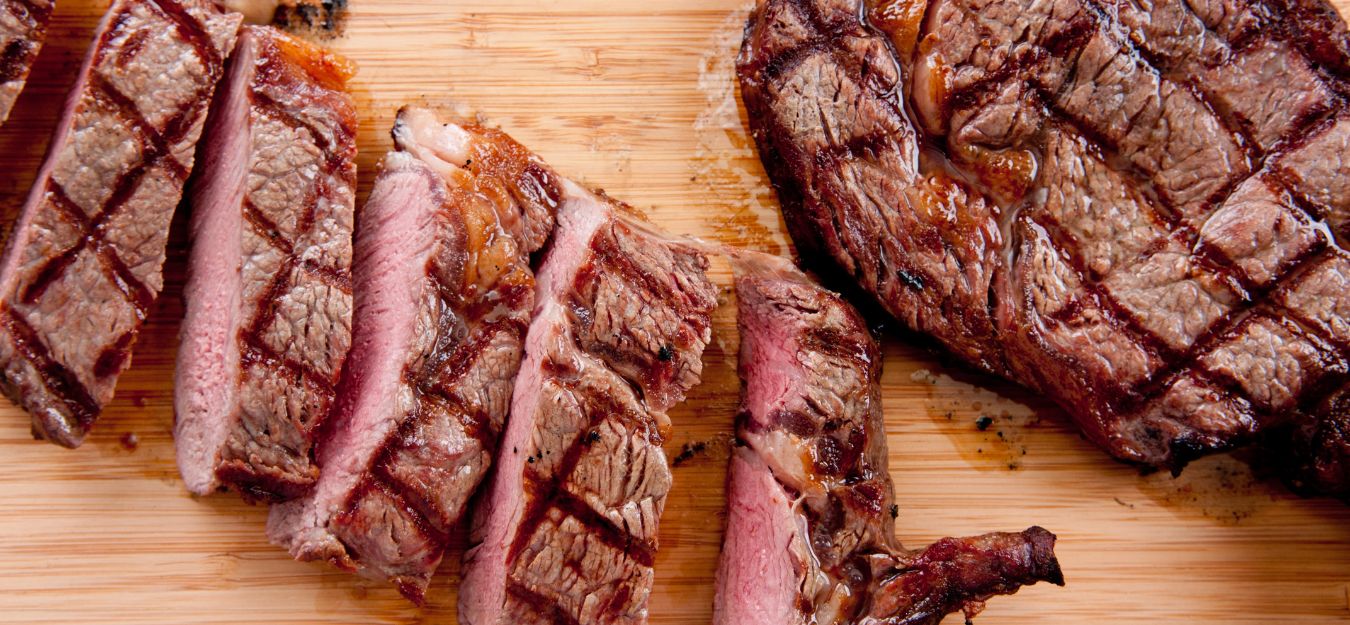10 Worst Foods for Prostate Cancer
What are the worst foods for prostate cancer? Are there certain vegetables or fruits that are not good for the prostate? Read on to learn about the 10 worst foods for prostate cancer and why you should choose alternatives.
1. High-Fat Foods
High-fat foods, including cakes, bacon, butter, creams, lard and much more, should be avoided. Some research suggests a link between those who have developed prostate cancer and their consumption of high-fat foods. High-fat foods are usually rich in calories and linked to obesity. Both obesity and high-fat foods are also linked to prostate cancer progressing.
2. Alcohol
Drinking alcohol has been linked to a wide variety of health concerns, including various forms of cancer. Drinking any amount of alcohol is dangerous and is connected to many cases of prostate cancer. When alcohol use is excessive, the risk of cancer increases.
3. Dairy Products
High-fat dairy products have been known to elevate the risk of developing prostate cancer despite being an excellent source of protein and calcium. However, there are now many delicious, low-fat dairy options, including soy-based dairy products and oat and almond milk.
4. Processed Meats
Processed meats are considered a poor choice for most people, especially those fighting cancer. This is because processed meats are loaded with preservatives and unhealthy types of fats and are high in sodium. All of these harmful ingredients do not support having a healthy prostate, nor do they contribute to an overall healthy diet.
5. Fried Foods
Many fried foods are too high in trans fats, an unhealthy form of fat linked to an increased risk of several health conditions, including cancer. Opt for baked, sauteed, steamed or boiled options instead! Vegetables are best enjoyed fresh and raw.
6. Oxalates
Surprisingly, even some healthy food options may not be best when battling prostate cancer. This includes oxalates, a natural compound found in several foods but linked to an increased risk of kidney stones. Developing kidney stones may affect prostate health. Consider enjoying the following oxalate-rich foods only in moderation, especially if you are at risk of developing kidney stones: spinach, some nuts and rhubarb.
7. Red Meats
Red meats, especially sausage and bacon, which are also heavily processed, are known to increase the risk of prostate cancer. Red meat, including pork and beef, should be avoided. Instead, enjoy lean chicken and turkey, and try using tofu as a healthy and delicious substitute.
8. Sugary Drinks
Sodas, iced teas and alcoholic drinks are often high in sugars, which are linked to obesity and an increased risk of cancer. Developing obesity due to enjoying too many sugary beverages also increases the risk of developing prostate cancer. Choose water flavored naturally with cucumbers, lemons, strawberries or mint; delicious, hydrating and healthy!
9. Caffeine
While caffeine does not cause prostate cancer, it can irritate the gland, worsening symptoms and urinary function. Try to drink caffeine-free beverages, or monitor your intake so that you only consume as much caffeine as your prostate can handle well.
10. Grilled Meats
While most enjoy a great BBQ, it is now known that during the grilling process, carcinogenic (cancer-causing) compounds can be formed. Consuming an excessive amount of grilled meats may increase the risk of developing prostate cancer. To minimize these compounds, try to avoid charring and marinate the meat prior to grilling.
Symptoms & Treatment Options
Early detection of prostate cancer is critical, so watch for common signs and symptoms. These include difficulty urinating, blood in the semen or urine, unplanned weight loss, erectile dysfunction and bone pain. Crucial lifestyle choices including regular exercise, avoiding smoking and maintaining a healthy body composition can maximize prostate health.
The world-renowned Mayo Clinic outlines several prostate cancer treatment options. In many cases, your doctor may take a "wait and see" approach as some prostate cancers may never need any treatment, so it's best to simply monitor the situation regularly. This surveillance takes the form of prostate exams, blood work and sometimes a prostate biopsy.
In other cases, particularly where the cancer is contained just within the prostate, a small incision is made in the abdomen, and the prostate gland is removed surgically. Rarely, the cancer may require the surgeon to make a large abdominal incision. Other treatment options include radiation, heat and cold therapies and sometimes hormone therapy.

